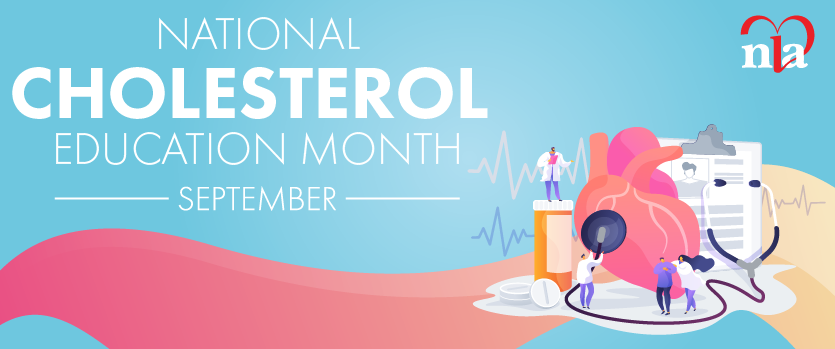“They may forget your name, but they will never forget how you made them feel.”
- Maya Angelou
In this time of Press-Ganey scores, RVUs and medical insurance woes, we are highly challenged to partner with our patients in successfully achieving optimal health outcomes. Patients and providers have something in common – we all want to feel we’ve been listened to, understood and respected. When trying to counter misconceptions held by our patients and guiding them toward evidence-based treatment, we need to be successful communicators. It isn’t enough to be knowledgeable – we must also be effective in guiding them in ever-decreasing time frames. The days of a paternalistic approach, telling patients what to accept for treatment without explanation, are long over, and a shared decision-making approach is a Guideline mandate.
If we are to successfully build rapport with our patients, we must keep in mind basic learned principles. Utilizing good patient-centered communication skills, verbal and nonverbal, is essential. Verbal strategies include avoiding interrupting the patient early in the visit, encouraging the patient to verbalize their concerns, asking open-ended questions, rephrasing, and confirming their understanding. Nonverbal strategies such as making eye contact and turning attention to the patient rather than the computer, being attentive to the patient’s expressions and body language, demonstrating your interest by open body language and expressing empathy.(1) In one NIH-funded study of clinician and patient nonverbal behaviors, eye contact and social touch (such as while examining the patient, and a handshake, hug, or pat on the back), were significantly related to patients’ perception of the clinician’s empathy.(2) Training programs on patient-centered communication, such as those based on Motivational Interviewing,(3) have generally been found to help improve communication skills.
“If we are to successfully build rapport with our patients, we must keep in mind basic learned principles.”
We hope that the articles presented will help arm you with the facts (re: evidence-based treatment options, and update your knowledge base as clinicians.) Patients may often walk in to your clinic with preconceived attitudes garnered from the internet or well-meaning friends. Helping our patients make informed choices can certainly be difficult and time consuming. We need to know the facts but also how to be effective stewards of the truth.
Disclosure statement: Ms. Collins has no financial disclosures to report





.jpg)
.png)











